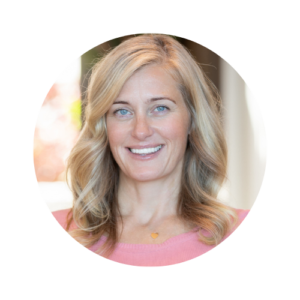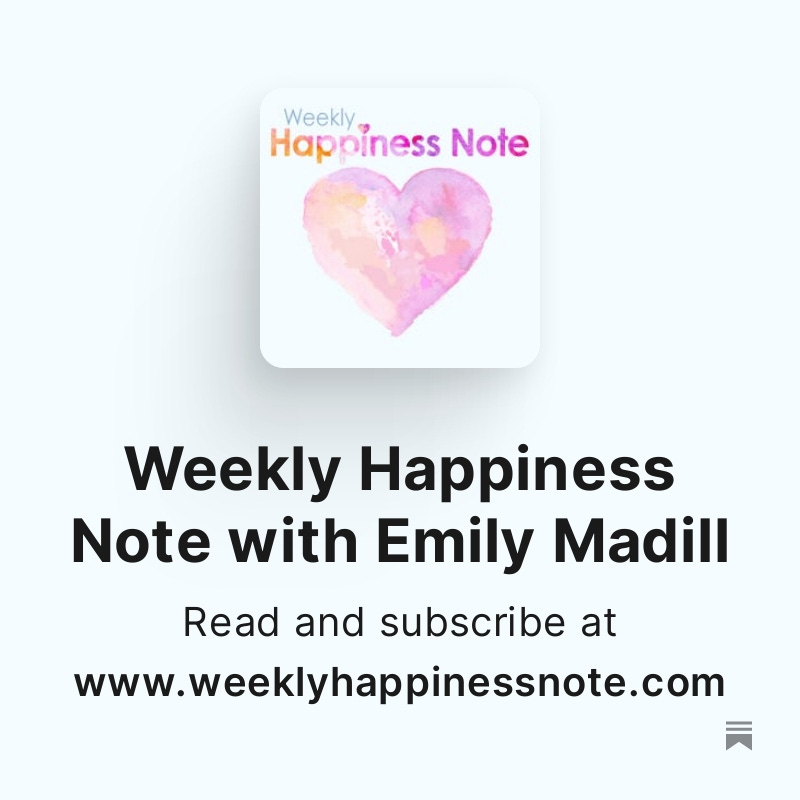Or, how I wasted three hours of precious alone time worrying.
How many times a day do you assume you know what others are thinking? How often do you assume you know what will happen next? Do you ever, ahem, make these assumptions when you have no evidence to back them up?
I do. A lot, it turns out. Which brings me to that age-old pearl of wisdom about assumptions: they make an ass of u and me.
That was how, a few weeks ago, I made an ass of myself when I should have been soaking up some priceless, kid-free, quarantine solitude.
As human beings, we are born curious and open. We start out like baby-sized scientists on a mission to make sense of our environment. As we master our senses, we gain confidence in our ability to understand and function in the world around us. Our learned experience, beliefs, traumas and triumphs combine to shape our perspective on the world.
But at some point, we plant our feet firmly on the ground and stop being so curious. We assume we have enough facts, knowledge and experience to thrive. We get comfortable accepting the truth as we know it without question or proof.
Why does this happen? Why do we become less curious and open-minded? Why do we stop giving others the benefit of the doubt?
It might be because we’ve accumulated years of wisdom. Maybe we’ve been hurt too many times. Perhaps it’s because we get worn down.
It could also have something to do with the science behind brain development. A process known as synaptic pruning occurs between childhood and adulthood. During synaptic pruning, the brain eliminates synapses or connections that it deems unnecessary. This process follows a use-it-or-lose-it principle to help the brain function with more efficiency as we age. Early synaptic pruning is thought to depend mostly on our genetics. Later synaptic pruning is thought to be influenced by our experiences. Synapses grow and become permanent in a child’s brain due to constant stimulation. Under-stimulated synapses get pruned away.
Losing the innocence and openness we have in childhood is necessary for us to live our adult lives with more focus and efficiency. But it can have undesirable side effects, like our tendency to make assumptions based on the biases and blind spots we’ve nurtured over the years.
Investigating our assumptions can teach us a lot about our blind spots — and give us opportunities for growth. Even if we have to make a few pesky mistakes first.
I’m married, with two sons who are now 10 and 13 years old. When my husband and I started our family, it became quickly apparent that while we make a great team and share similar values, we also have different “parenting styles.”
I’ll just get right to it. He doesn’t worry about anything, and I worry about everything.
I’m scared, a lot, that some kind of harm will come to my children. That might mean basic scrapes and bruises, or bigger injuries, or even the unthinkable unmentionables. Really, I just want them to be safe, healthy and happy — and yes, I do factor in happiness. I’m not a complete worrywart. Sheesh. I see myself as the nurturer, the one who makes sure my sons’ hockey equipment and bike helmets are in proper working order.
Then there is my husband. He runs with the innate, blissful certainty that all is well, that of course we are safe. He doesn’t spend time worrying, because the main mission is adventure and delight.
My motto is safety first. His motto? Safety is where fun goes to die.
You could say that my children have a well-rounded team behind them. You’re probably not surprised to learn that their team leaders enjoy many a spirited discussion resulting in compromise from both parties. So a few weeks ago, when my husband and sons decided to go for a bike ride and give me a wee break to get some work done, I was happy for the quiet.
With social distancing in full force, I knew they wouldn’t go far. I assumed — my first mistake — they would be gone for one hour, tops. So when they were still gone after two hours, I assumed — there it is again — something terrible had happened. They just didn’t want to call me because it would mean a trip to the hospital, and with a global pandemic underway, the hospital was off-limits. It was either that or, I assumed — *clears throat* — they’d done the unthinkable and gone to a friend’s house, gone out shopping together, or done something strictly forbidden under the current lockdown. This surreal and restricted way of living has added an extra layer of worry that sure doesn’t help my wild assumptions.
I could have phoned or texted, but I worried that would distract them while they were biking. I also didn’t want them to laugh at me and give me a hard time for worrying (which they totally would have done). At this point, my assumption of the worst made it nearly impossible to get any work done.
Then I got a text from my mom saying they were on their way home. Turns out, they went on a huge cycling adventure that lasted 3 hours and spanned 26 kilometers (roughly 16 miles). They rode to Grandma and Grandpa’s house to wave hello because it felt like fun. They wanted to give Mom a nice break because, with everyone home, she hadn’t enjoyed much quiet time lately.
My assumptions, thankfully, couldn’t have been further from the very wholesome truth. All was well, everyone was happy and healthy, and they returned home excited to tell me about their adventure.
Let’s talk about how my assumptions made an ass of myself and my family, and what this reveals about my own personal blind spots. My worry — which felt like a hot ball of fire in my solar plexus, by the way — was unfounded and unnecessary. That physical sensation of anxiety was my cue to acknowledge my tendency to default to the worst-case scenario.
My blind spot is that I have a hard time letting go and trusting that my husband and sons are capable of making good decisions for themselves. They don’t need me every second of the day, and that’s okay. But it’s hard for me to accept. I could have texted at any point to check in and dispel my assumption. Or I could have given them the benefit of the doubt and actually enjoyed my opportunity for quiet time. My boys are growing up, and while I have come a long way, I still need to ease up on the controls. They deserve my trust. And it would give me way more space to breathe and enjoy the moment.
Not everyone is comfortable looking at their blind spots. Growth is hard. It is often more comfortable to believe that life happens to us, that happiness depends on our external environment, and that someone or something else is to blame for our unhappiness. And hey, some people are completely content with things as they are — that’s awesome!
But if you’re anything like me, you are (sometimes painfully) aware of what you don’t yet understand about other people and life in general. Investigating our assumptions can help us. Here are some ways to learn from our negative assumptions:
- Acknowledge when a negative reaction is founded on an assumption.
- Identify the blind spot that created the assumption.
- Articulate other possible interpretations for the event or action.
- Discover the opportunity for growth.
There are different assumptions to be made on any given day. Some are minor, and others have the potential to harm important relationships and even our self-worth. Assumptions become harmful when we believe them without asking ourselves, “Is what I’m assuming the truth? Is there a chance this isn’t true and I’m jumping to conclusions? What would look and feel different if I changed my perspective or checked the validity of my assumption?” Paying attention to our assumptions can help us notice our blind spots and identify areas for growth. At the very least, it will open our minds to a perspective shift — one that may help us view ourselves and others with more compassion and kindness.
Like what you read? Sign Up for free weekly inspiration with Emily’s featured articles, happiness strategies and videos and you’ll receive my free E-Course ‘Self-Care Success: Adopting a Self-Care Mindset That Sticks’.
Would you like to feel aligned in a life you love? Come check out my ‘Fall in Love With Your Life, One Week at a Time’ book on kindle and in hardcover, or explore the different E-Course offerings on my Love Your Life School. It’s a space to create new habits of thinking that will help you fall in love with your life.




